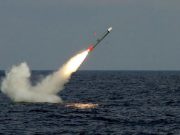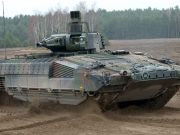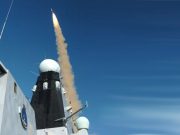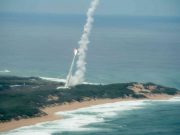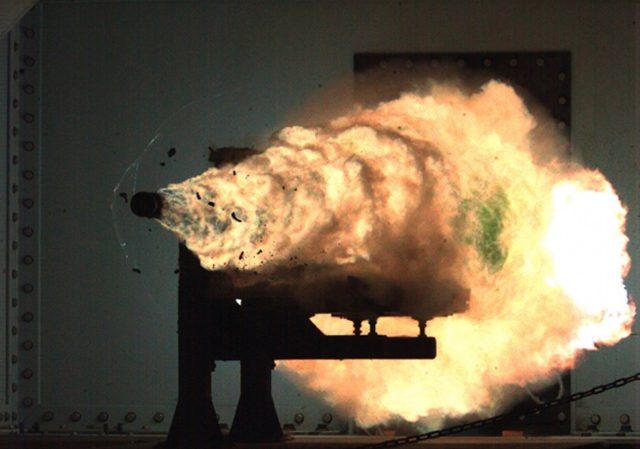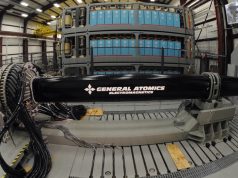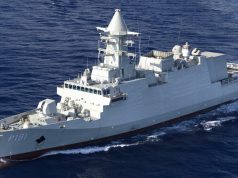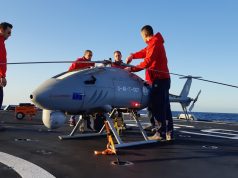A consortium composed of companies from five countries has been selected to lead a European project for the development of an electromagnetic railgun.
PILUM, short for Projectiles for Increased Long-range effects Using Electro-Magnetic railgun, was selected by the European Defence Agency (EDA) following calls for proposals launched in 2019.
The project will last two years and aim to prove that this type of railgun concept is capable of launching hypervelocity projectiles with precision over a distance of several hundreds of kilometres.
PILUM will thus demonstrate that the electromagnetic railgun has the potential to provide a disruptive change in the area of long-range fire support.
The railgun is to be capable of accelerating projectiles at initial velocities far superior to those obtained by existing chemical guns. It uses electromagnetic force by injection of very high currents into conducting rails. The project will also examine the possibility of integrating the railgun into terrestrial and naval platforms.
In a first phase, the project will validate the gun concept using numerical simulations and experimental work. The project represents a new major step towards developing a full-scale demonstrator in the next few years. It also includes reflection on concepts for future applications.
Coordinated by the French-German Research Institute of Saint-Louis (ISL), the “PILUM” project is part of the Preparatory Action on Defence Research (PADR) research program financed by the European Commission and managed by the European Defence Agency.
The consortium brings together nine partners from five European countries, each with its own industrial, technological and advanced scientific expertise. In addition to ISL, the project is joined by the Von Karman Research Institute (Belgium), system integrators Naval Group and Nexter Systems, ammunition suppliers Diehl Defence and Nexter Munitions, explosive cladding of metals specialist Explomet from Poland, Italian manufacturer of high-density electric capacitors ICAR, and collaborative projects management specialist Erdyn Consultants.





